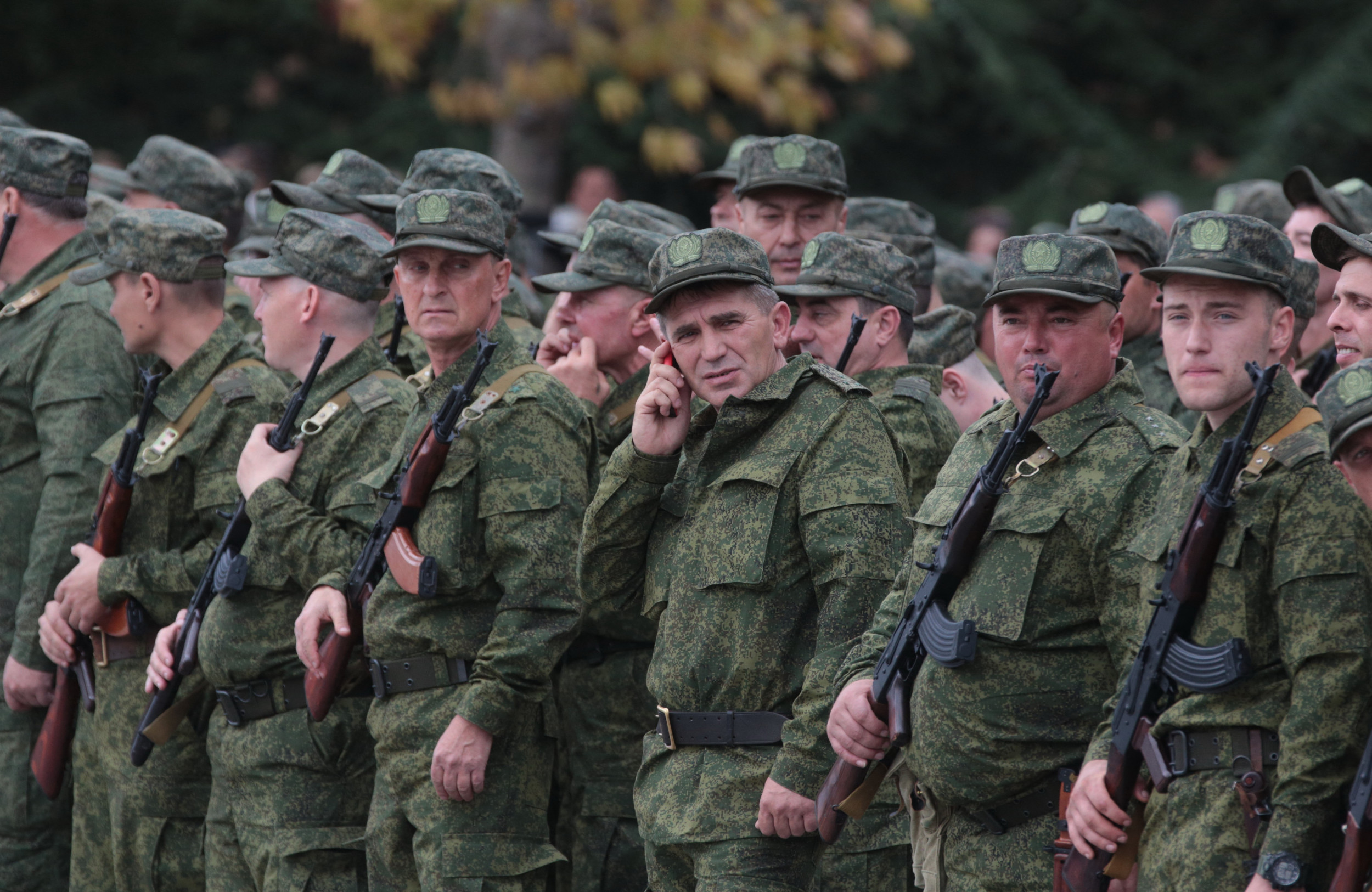Vladimir Putin’s recent invasion of Ukraine has taken a toll on the Russian economy, resulting in the loss of more than 1.7 million workers, representing over 2.2 percent of the country’s workforce. This sheds light on the long-term economic implications of the war for Russia.
Since the start of the conflict initiated by Putin in February 2022, Russian forces have experienced significant losses on the battlefield. In addition, many Russians have chosen to avoid the draft by leaving the country, further straining the dwindling workforce.
Economists have raised concerns about the impact of these developments on Russia’s economic growth. The country’s reliance on high military spending has led to a shortage of workers, potentially leading to higher wages and inflation.

According to an analysis by independent Russian news outlet Novaya Gazeta Europe, between 860,000 and 1.08 million Russian military personnel have been deployed to the war in the first two years of the invasion, including both professional soldiers and those drafted during the partial mobilization announced by Putin in September 2022.
Estimates of Russian battlefield casualties vary, with The Economist reporting that between 462,000 and 728,000 soldiers have been seriously injured, and between 110,000 and 150,000 have been killed. Ukraine’s estimate of Russian casualties, including both fatalities and injuries, has reached 565,610.
In addition to battlefield losses, many returning soldiers are either disabled or unable to resume their previous roles.
Novaya Gazeta has reported that with no clear end in sight to the war, projections for the first half of 2024 suggest an increase of up to 60 percent in the number of individuals being removed from the economy through conscription or voluntary enlistment.
The outlet warned that if there is another mobilization, Russia’s economy could see a further loss of “between 1.7 million–1.9 million people between 2022 and 2024,” or potentially 2.8 percent of the workforce, depending on the scale of recruitment.
Another source, The Bell, has highlighted that the war has triggered the largest exodus of Russians from the country in three decades. Analysis of migration data from nearly 70 countries revealed that since the conflict began, at least 650,000 Russian nationals have not returned, with popular destinations including countries where Russian is widely spoken like Armenia, Kazakhstan, Georgia, and Israel.
Despite some countries not providing data, The Bell noted that these figures represent a conservative estimate, posing significant challenges for the Kremlin both politically and economically.
